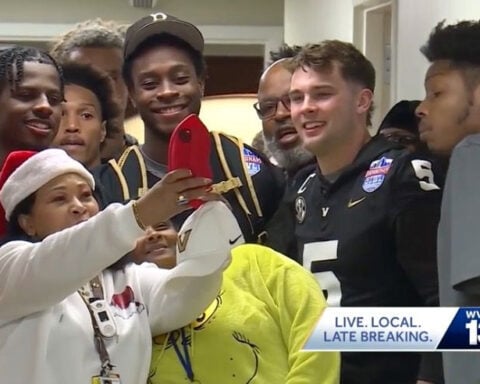The Facebook group "Are We Dating The Same Guy?" has achieved a legal win in California. The group, known for helping women share information about their dating experiences, faced a lawsuit from Stewart Lucas Murrey, who claimed that posts about him in the group caused emotional distress and violated his privacy.
According to Secret Los Angeles, on April 8, a California judge made headlines by dismissing one of several lawsuits aimed at one of these local groups. Court documents mention nine names, though Murrey had targeted over 50 women. The groups in question are part of a vast network of similar private Facebook groups.
Murrey's website outlines his accusations, claiming that the lawsuits are against "defendants, particularly key players who obsessively conspired to stalk, dox, and harass me." He argues that the actions within these groups represent "illegal violations of privacy" that have become pervasive. These statements reflect his belief that such activities are not just isolated incidents but part of a broader, harmful trend.
One of the defendants, Vanessa Valdes, successfully filed an anti-SLAPP motion, which was granted by Los Angeles Superior Court Judge Gregory Keosian. These motions help quickly dismiss lawsuits that are seen as trying to limit free speech. The Reporters Committee for Freedom of the Press explains that anti-SLAPP laws protect people from meritless lawsuits aimed at stopping them from exercising their rights.
Despite this dismissal, other defendants still face ongoing lawsuits from Murrey. This case is among several similar lawsuits happening across the country. In Chicago, another lawsuit was filed against 27 women for their posts in their local chapter of the group. Although initially dismissed in January, the plaintiff refiled the complaint the next day.
The plaintiffs in these lawsuits argue that the verdicts have broader implications for privacy and online forums. These rulings could affect how people share information and their rights to free speech on social media platforms. The outcomes may shape future legal boundaries around privacy issues and online behavior.

 Inflation in Japan's capital accelerates, keeps rate hike prospects intact
Inflation in Japan's capital accelerates, keeps rate hike prospects intact
 Brazilian authorities: workers at BYD construction site victims of international human trafficking
Brazilian authorities: workers at BYD construction site victims of international human trafficking
 Nidec announces $1.6 billion unsolicited bid for Makino Milling
Nidec announces $1.6 billion unsolicited bid for Makino Milling
 Canadian ministers head to Palm Beach for talks with incoming Trump administration
Canadian ministers head to Palm Beach for talks with incoming Trump administration
 Why Nefertiti still inspires, 3,300 years after she reigned
Why Nefertiti still inspires, 3,300 years after she reigned
 Cole Hutson has 5 assists, defending champion US routs Germany 10-4 in world junior hockey opener
Cole Hutson has 5 assists, defending champion US routs Germany 10-4 in world junior hockey opener
 Christmas Eve stowaway caught on Delta airplane at Seattle airport
Christmas Eve stowaway caught on Delta airplane at Seattle airport








